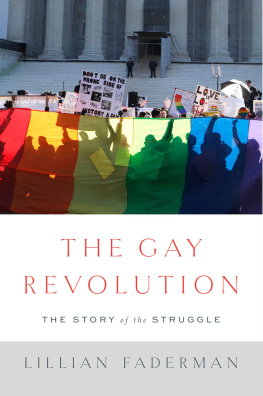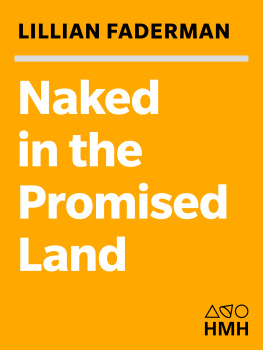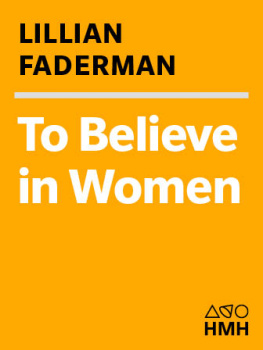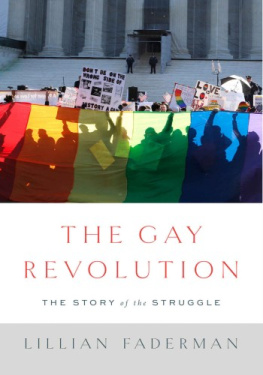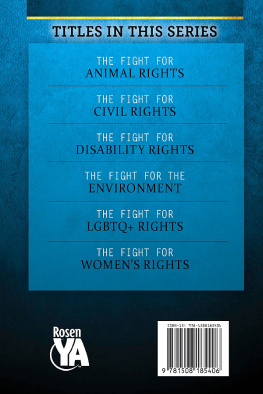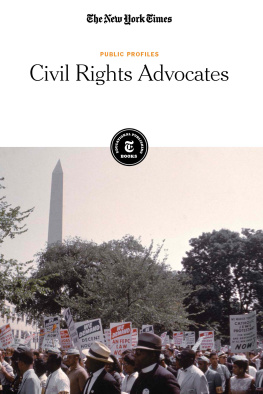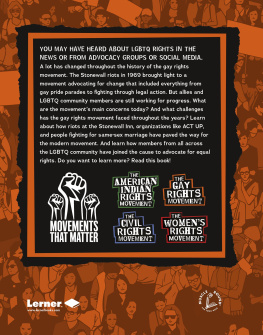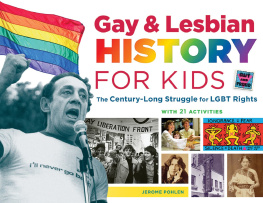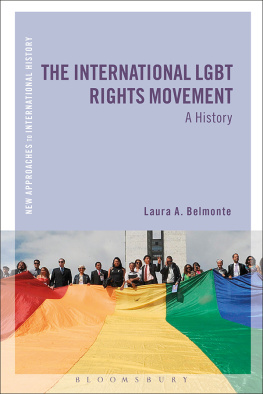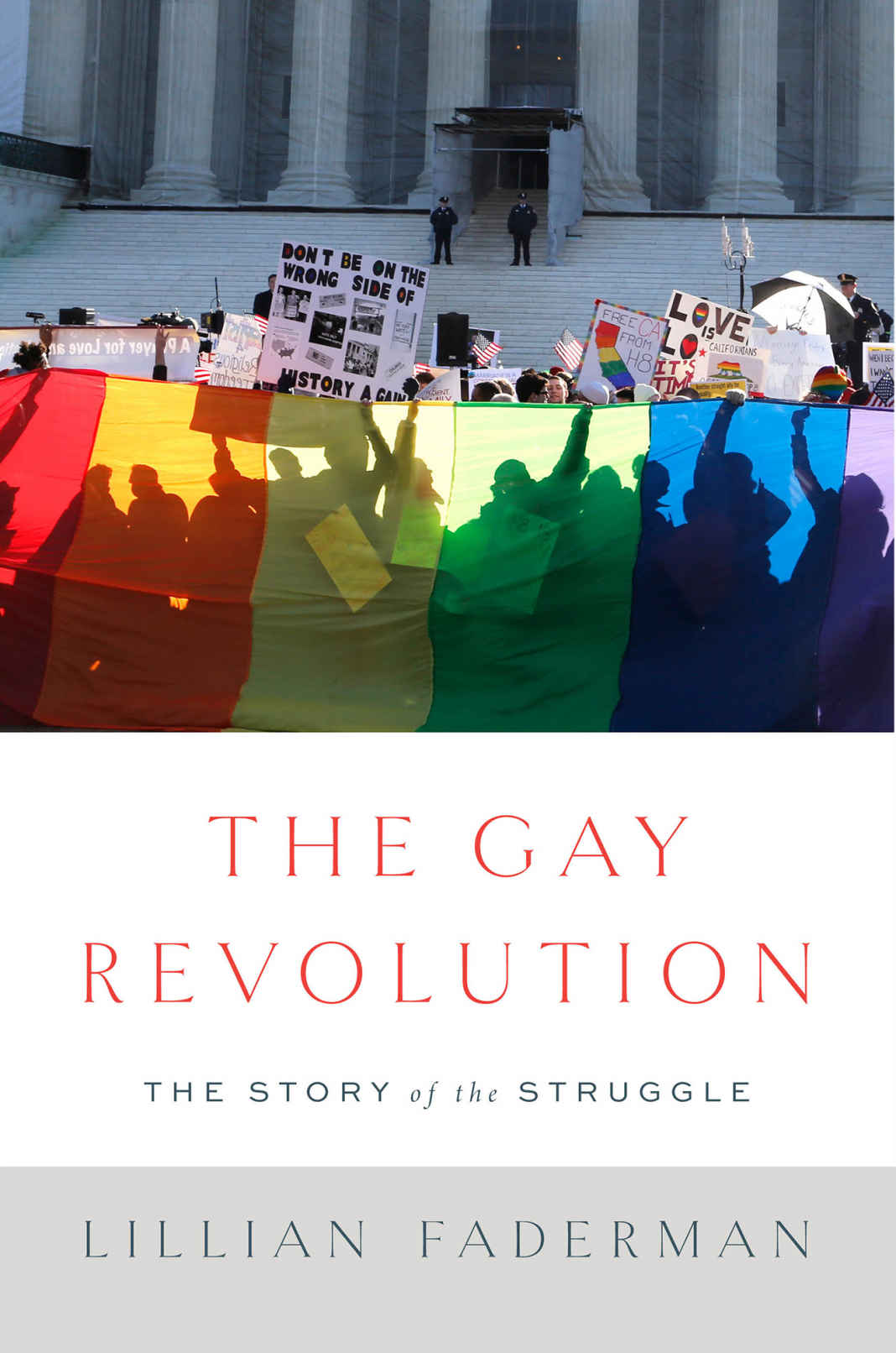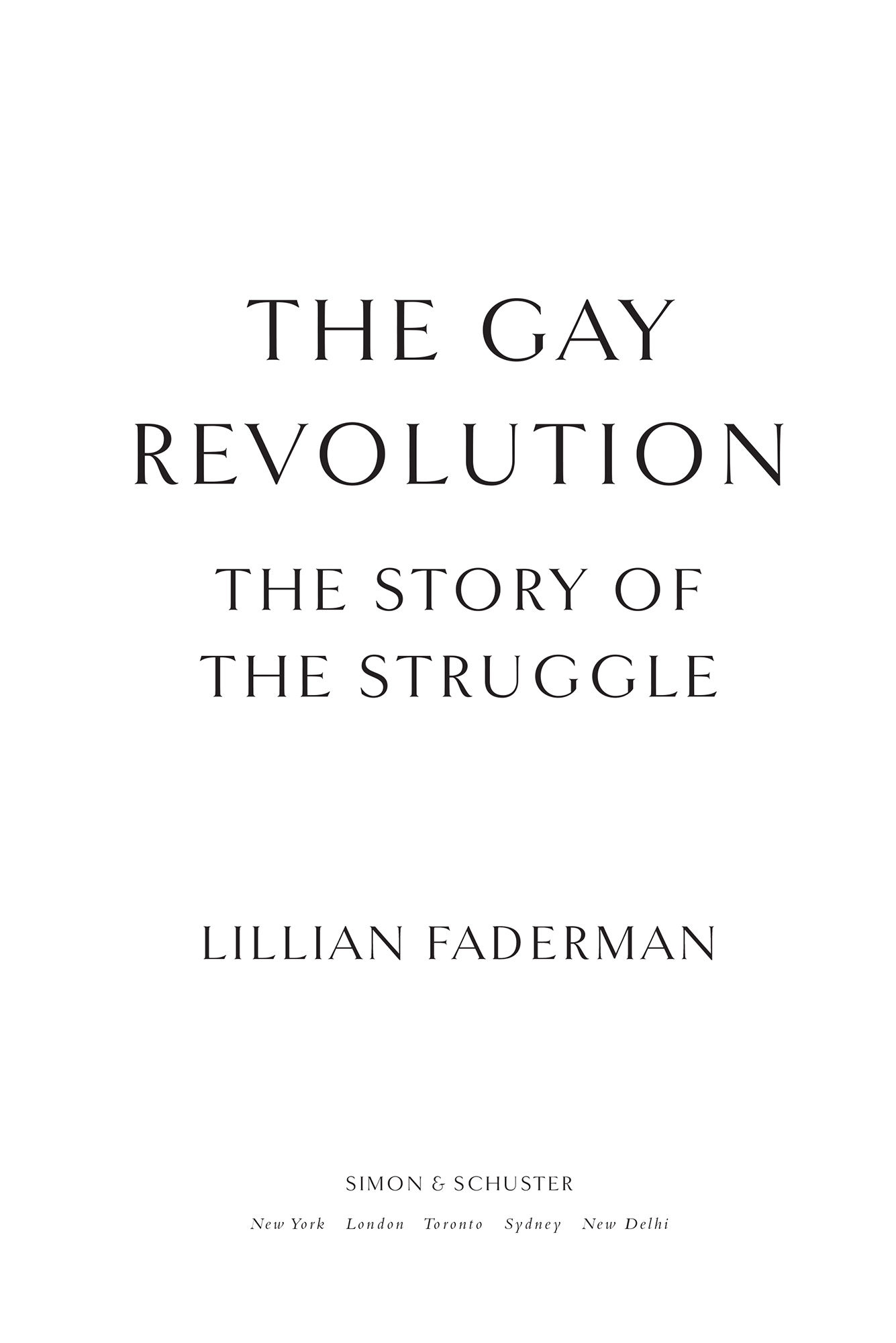Thank you for downloading this Simon & Schuster eBook.
Join our mailing list and get updates on new releases, deals, bonus content and other great books from Simon & Schuster.
C LICK H ERE T O S IGN U P
or visit us online to sign up at
eBookNews.SimonandSchuster.com
CONTENTS
For Phyllis, who isand always has beennecessary to it all
PROLOGUE
On the morning of May 26, 1948, Professor E. K. Johnston was standing at the rostrum in a University of Missouri auditorium. The annual awards ceremony for the School of Journalism was in full swing. Best columnist, best sports writer, best feature writereach award winner was called up to the stage, where Professor Johnston shook his hand and said kind and appropriate words as he bestowed a trophy of recognition. The professor had been on the University of Missouri faculty since 1924 and was now fifty years old, a man distinguished and comfortable in middle age, dressed formally in a light summer suit, spectacles balanced low on the bridge of his nose.
Professor Johnston had taken a place of honor on that stage because that academic year hed served as acting dean of the School of Journalism. The elderly permanent dean, Frank Mott, had been on leave, and Professor Johnston was an apt choice as his temporary replacement: E. K. Johnston was a full professor, he was much loved and respected by students and colleagues alike, Indeed, it was assumed by many at the University of Missouri that when the present dean retired, Professor Johnston would be named his permanent successor.
He suspected too that the charge against him was commission of sodomy. But for the moment, he wanted only to get through the awards ceremonyto fulfill his last duty of the academic year to the students in his chargeand he did.
When the ceremony was over, Professor Johnston drove himself downtown, walked into the county prosecutors office, and gave himself up. At his arraignment, he pleaded innocent. Thrown into the Boone County jail until he could raise bail, he spent two days behind bars.
The county prosecutor, Howard Lang, had started the investigation six months earlier. Thered been a robbery, and a man was apprehended and brought in for questioning. It was he, Prosecutor Lang told the newspapers, who talked about a homosexual ring there in Columbia, Missouri, that carried on sex orgies. As happened often during police interrogations of homosexuals in the mid-twentieth century, police detectives grilled the robber until he named names. One of the names was Willie Coots, a thirty-nine-year-old gift shop employee. Coots was then brought in and was made to name more names. Each man that Willie Coots named was dragged in for questioning and grilled. A police department secretary took down in shorthand what each arrestee said, and she compiled a list of thirty names.
Of all the men Coots named, the most interesting to the Columbia police, because of his prominence, was Professor E. K. Johnston. Coots confessed that he and the professor had lived together for ten years as lovers and for the last six years as friends. The police wanted more facts. Had he and Johnston held homosexual parties in their shared apartment? Yes, they had. More names; other homosexuals whod had illegal congress with Johnston. Yes, he did remember some: just a few days earlier, there was a man named Warren Heathman. Heathman was a thirty-five-year-old World War II veteran who had fought overseas; hed earned a masters degree in agriculture from the University of Missouri and was now an instructor for the Veterans Administrations farm training program.
Heathman could not be found at his home address, so the Columbia police sent out an all-points bulletin for his arrest. He was picked up by state highway patrolmen in Rolla, Missouri, about two hours away, and locked up overnight in Jefferson Citys Cole County Jail. In the morning, patrolmen shackled him and drove him to the jail in Columbia, and he too was grilled. This was serious business, they told him. Perjury is a felony for which he could be incarcerated for five years. Willie Coots had mentioned a big fish: a professor at the university. Did Heathman know E. K. Johnston? When had he last seen him? Where?
Heathman, disoriented and scared, did not take long to answer every question they threw at him. Yes, he and Johnston engaged in homosexual activities. Yes, on an average of every other week. Yes, usually in Johnstons apartment. Yes, hed been to homosexual parties not only in that same apartment but also at a cabin near Salem, Missouri. (Mad parties of a homosexual cabal, the newspapers would report.) Just as Willie Coots had done, Heathman signed a statement implicating Johnston as the leader of the homosexual ring.
Heathman and Coots both waived their preliminary hearings; they did not want to drag out their ordeal. Because neither one was the supposed kingpin of the homosexual ring, their bail was set at $2,500 apiece, $1,000 lower than Johnstons. The professor, however, was not as easily intimidated. He had gone himself to the police station and demanded to know why there was a warrant out for his arrest. When police detectives took him into a room to interrogate him, he knew his rights. He would say nothing to his inquisitors except I want to talk to my lawyer. He was permitted to call his attorney, Edwin Orr, who advised him not to sign any statement and not to waive his preliminary hearing.
From the Boone County Jail, he contacted his half brother in Kansas City, and a friend in Sedalia, Missouri, and borrowed money for the $3,500 bond. In their coverage of the story, local newspapers were sure to name both Howard Johnston, the brother, and Fred Hildebrandt, the friend, shaming them for having aided and abetted a homosexual.
Family newspapers within a thousand-mile radius of Columbia all seemed to pick up the story, which was covered by the wire services of the Associated Press as well as the United Press International. The local papers embellished their articles with sensational headlines. Missouri Professor Held for Sodomy: Termed Principal in Homosexual Ring was the Pottstown (PA) Mercury headline.
It was not until his temporary release from jail that Johnston learned that hed been found guilty even before he was tried. In view of the nature and gravity of the charges that have been made against Professor E. K. Johnston, the president of the university, Frederick Middlebush, told reporters, he has been relieved of his duties as a member of the university.
The board of curators panicked. Allen McReynolds, its president, immediately called a press conference to promise the public, The board will take such action as it deems necessary to protect the interests of the university. McReynolds added defensively that homosexuals were a public problem, and one that ought to be solved.
On November 17 Johnston stood before Judge W. M. Dinwiddie of the Boone County Circuit Court. Johnstons lawyer, Edwin Orr, had advised him that the prosecutor held in his hands multiple signed statements. He must throw himself at the mercy of the court. Johnston must have struggled to resign himself to this: How could he relinquish into perpetuity the image of the man he once was? How could he claim as his the character of a criminal? Orr promised that he would call witnesses who would talk about Johnstons good character and plead for clemency. The witnesses would tell the judge there was no point in sending a man like Johnston to jail. The ex-professor was by now emotionally and physically exhausted. Hed lost his job, his good name, his beloved students, his entire careereven his pension. He was fifty years old. What would he live on for the rest of his life? He had no more fight left in him. And if he did not confess to the world of being guilty of sodomy and then throw himself at Judge Dinwiddies mercy, he would be locked in jail for who knew how many years to come.

